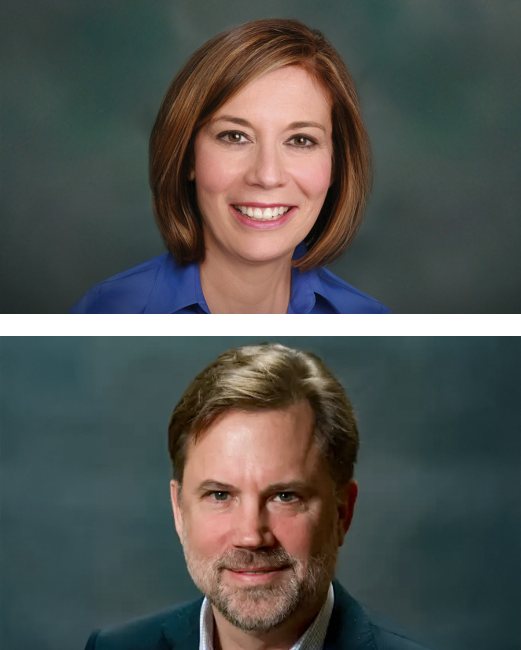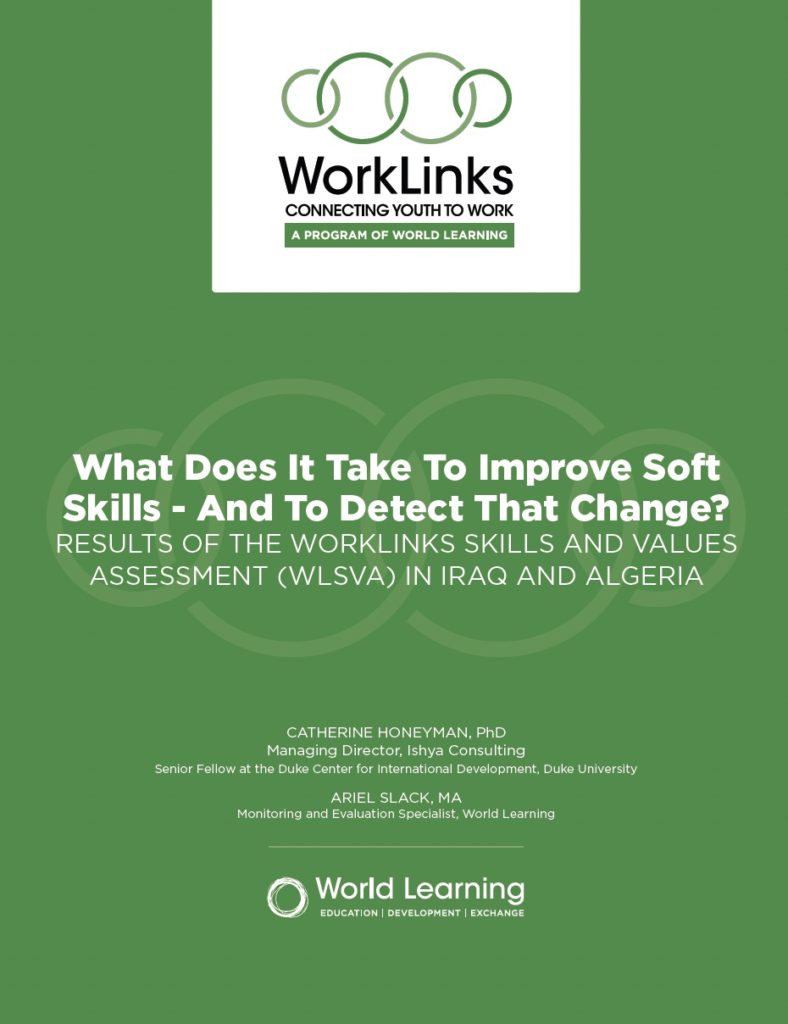-
What We Do
- WHERE WE WORK
-
About Us
 Welcome Message from Carol Jenkins, CEO
Welcome Message from Carol Jenkins, CEOWorld Learning believes that the best hope for peace, justice, and sustainability lies in bringing people together. Through cultural immersion, experiential learning, and information sharing, our programs equip others to collaboratively address the most pressing issues of our time.
Throughout my years at World Learning, I have had the fortunate opportunity to meet with many of our participants, partners, and alumni—a global network of learners. Our programs help them understand other cultures, master new skills, and cultivate networks. Our teaching and training methodologies empower them to find locally relevant, sustainable, and implementable solutions. Our approaches emphasize flexibility and adaptability that help them tackle real-world problems. They, in turn, make extraordinary changes in their lives and communities.
Please join us—and those we work with and serve around the world—in our pursuit to create a brighter and better future for all.
Carol Jenkins | CEO, World Learning
Allen Cutler | Chair, Board of Trustees - Get Involved

What We Do > Our Approach
Monitoring, Evaluation, Research, and Learning
World Learning’s Monitoring, Evaluation, Research, and Learning (MERL) team excels in conducting advanced and innovative approaches to monitoring and evaluation.
Because we understand that program design and implementation is a complex undertaking that takes place in complex environments, our team always uses a systematic process to capture, analyze, and share programmatic data.
Our tailored approach relies upon close collaboration and effective communication to address all stakeholder needs so that we ensure our work is highly effective and impactful.
We have extensive experience in designing evaluation frameworks under USAID and other donor-funded programs and have a vanguard approach to assessing the success of new educational programs.
Examples of World Learning’s MERL capabilities include:
- Developing and running the monitoring and evaluation systems for the USAID Transforming Higher Educations Systems program in Malawi, a multiyear initiative involving several university and private sector partners
- Specializing in the use of the MODE Framework developed by the U.S. Department of State’s Bureau of Educational and Cultural Affairs
- Implementing a randomized control trial to determine the effectiveness of a new high-school economics curriculum for the USAID Youth Employment Skills program in Uzbekistan, the first time such an approach has been used for a USAID-funded initiative



